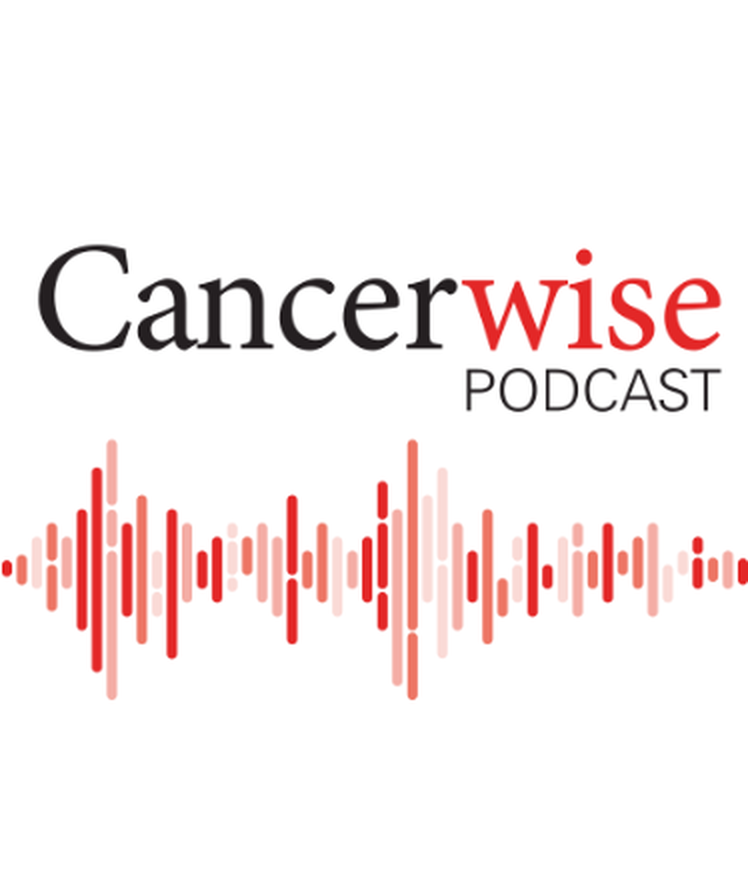- Emotional & Physical Effects
- Anemia and Cancer
- Appetite Changes
- Bleeding and Bruising
- Blood Clots and Anticoagulants
- Body Image
- Bone Health
- Bowel Management
- Cancer Pain Management
- CAR T-cell Therapy Side Effects
- Chemobrain
- Chemotherapy Treatment Side Effects
- Constipation
- Dehydration
- Diabetes Management
- Fatigue
- Hair Loss
- Heart Health
- Immune Checkpoint Inhibitor Side Effects
- Immunotherapy Treatment Side Effects
- Infections
- Lymphedema
- Managing Medications
- Mouth Sores from Chemotherapy
- Nausea
- Neutropenia
- Peripheral Neuropathy
- Pulmonary Embolism and Cancer
- Radiation Fibrosis
- Sexuality and Cancer
- Skin and Nail Changes
- Sleep Loss
- Stem Cell Transplant Treatment Side Effects
- Stress Reduction
- Targeted Therapy Side Effects
- Weight Loss
Fatigue and Cancer
Cancer-related fatigue is described as a feeling of intense exhaustion that can be more severe than typical fatigue. In some patients, the fatigue can be mild. In extreme cases, some patients may struggle to carry on with day-to-day activities. It is a very common cancer symptom, so it is important to talk to your doctor about how to minimize the impact it has on your quality of life.
What causes cancer fatigue?
The causes of cancer fatigue vary but they are often related to cancer treatments or the way cancer stresses the body. Excess inflammation, the activation of cortisol, hormonal imbalances, changes in metabolism associated with weight loss and weakened muscles all contribute to cancer fatigue.
Other conditions that can cause cancer fatigue include chemotherapy-induced anemia, pain, depression or emotional distress, insomnia and alterations to thyroid and other hormone levels. Other causes can include:
- Aggressive surgery, chemotherapy, immunotherapy or radiation treatments
- Complications from pre-existing medical conditions such as uncontrolled diabetes, thyroid problems, heart disease or rheumatoid arthritis
- Sleep disorders
- Cytokine reactions
- Poor nutrition
- Chronic respiratory illness
- Autoimmune disorders
How long does cancer fatigue last?
How long cancer fatigue lasts will depend on the cause and how it is treated. For some patients, cancer fatigue tends to get worse towards the end of their chemotherapy/radiation treatment. For others, cancer fatigue can last even during survivorship of certain blood or bone cancers or if hormonal maintenance therapy is required.
What are some strategies to help with cancer related fatigue?
You should address the medical conditions that can be corrected.
- Anemia is a condition in which the body does not have enough healthy red blood cells. It is one of the most common conditions that contributes to cancer fatigue. Additional tests may be ordered to establish the cause and a treatment plan. Blood transfusions can help anemias without a treatable cause and red blood cell stimulating medications are a good option for chemotherapy-related bone marrow suppression.
- Optimizing pain management can improve cancer fatigue but some medications may have drowsiness as a side effect. Correct dosing and choosing the right medication can help with this.
Exercise
- Exercise is regarded as the most effective way to prevent or improve cancer fatigue during and after treatment. The recommendations include 150 minutes of moderate aerobic exercise per week and 2-3 strength training sessions per week.
- Maintaining the physical endurance and muscle strength to continue activities you enjoy can help cancer related fatigue significantly.
- MD Anderson’s Rehabilitation Services can help develop treatment plans to combat fatigue or manage specific health concerns.
Insomnia management
- Minimize daytime naps (especially after 3 p.m.) and keep them short (about 20 minutes). Long naps can cause your fatigue to worsen.
- Avoid screens, phones, tablets and other sources of blue light for at least one hour before going to bed.
- Keep a regular sleep routine with a similar bedtime and awake time throughout the week, even on weekends. Try not to vary by more than 1 hour.
- Integrative medicine interventions like yoga, meditation and cognitive behavioral therapy can also be helpful in improving sleep.
Medications for fatigue
- Psychostimulant medications can increase energy levels and may be taken on a schedule or even as needed in certain cases.
- Corticosteroids have been used to treat cancer related fatigue. The evidence to support these medications is mixed and varies depending on how advanced the cancer is.
- Some patients are interested in trying vitamins or herbal supplements for fatigue. It is important to discuss these and potential interactions with other medications with your doctor.
Medication for mood disorders
- Antidepressants for people with concurrent depression can help with fatigue. Cancer diagnosis and treatment can also trigger depression in some people who were not depressed before. These people may also benefit from antidepressants.
- Medication for endocrine abnormalities
- Patients with low levels of certain hormones and vitamins can receive supplements. These include supplements for testosterone and for vitamin D.
- Thyroid hormone levels can be imbalanced by cancer. Patients can receive medication to manage their thyroid hormone levels.


Featured Podcast:
Managing cancer side effects: Fatigue
Fatigue is the most common side effect reported among cancer patients, but there are ways to manage and possibly improve symptoms
Patient Education
Print and use these handy documents to help you cope with fatigue.
Fatigue Clinic
Our Internal Medicine Center treats patients with cancer-related fatigue. Ask your MD Anderson health team for a referral to the Fatigue Clinic.
request an appointment online.
Help #EndCancer
Give Now
Donate Blood
Our patients depend on blood and platelet donations.
Shop MD Anderson
Show your support for our mission through branded merchandise.
